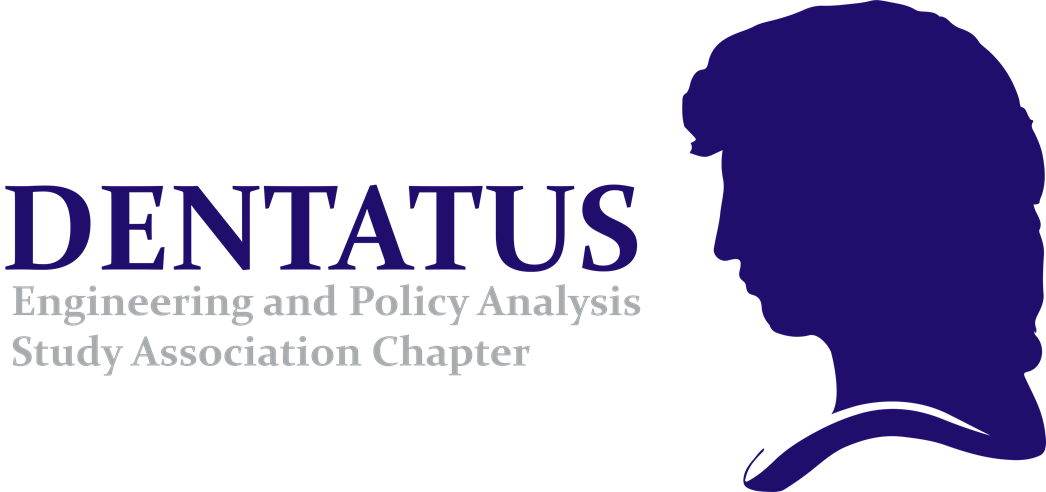The MSc Engineering and Policy Analysis (EPA) program is fully accredited, two-year full-time TU Delft MSc program taught in English. The two fundamental themes of the EPA program are policy and politics and analytics, modeling and simulation. The academic year starts early in September and continues until July of the next year. The curriculum comprises two years of two semesters (one semester has two quarters), which adds up to 120 ECTS.
The central focus is on analyzing and solving complex problems that involve many parties with conflicting interests. As stated previously, the two fundamental themes of the EPA program are policy & politics and analytics, modeling & simulation. Such problems require solutions that do not only solve the technological aspect of it, but also to address the societal and political aspects. As a student you will find yourself navigating real cases, such as the Ebola outbreak, the banking crisis, scarce metals or the introduction of hydrogen as an energy carrier, often with the real commissioner of the work at arm's length.
At the heart of the EPA program lays an interdisciplinary approach. In today's society technology alone is no longer sufficient for solving problems; we need to consider organizational, legal, administrative, commercial, environmental and managerial aspects as well. The EPA interdisciplinary program is broader than (monodisciplinary) engineering studies such as chemical, mechanical, or software engineering. This makes the EPA program an interesting - but at the same time - field of study and work. The EPA modules, therefore, are prepared and taught by a wide range of scholars: mathematicians, technologists, economists, lawyers and social scientists. We strongly believe that student performance is influenced by EPA community building - both between students and between students and staff; we have an introduction week and regular get-togethers, there is a very active student body, international dinners by students themselves, and much more. To find out more about the students and their projects, please have a look at the EPA student stories page
